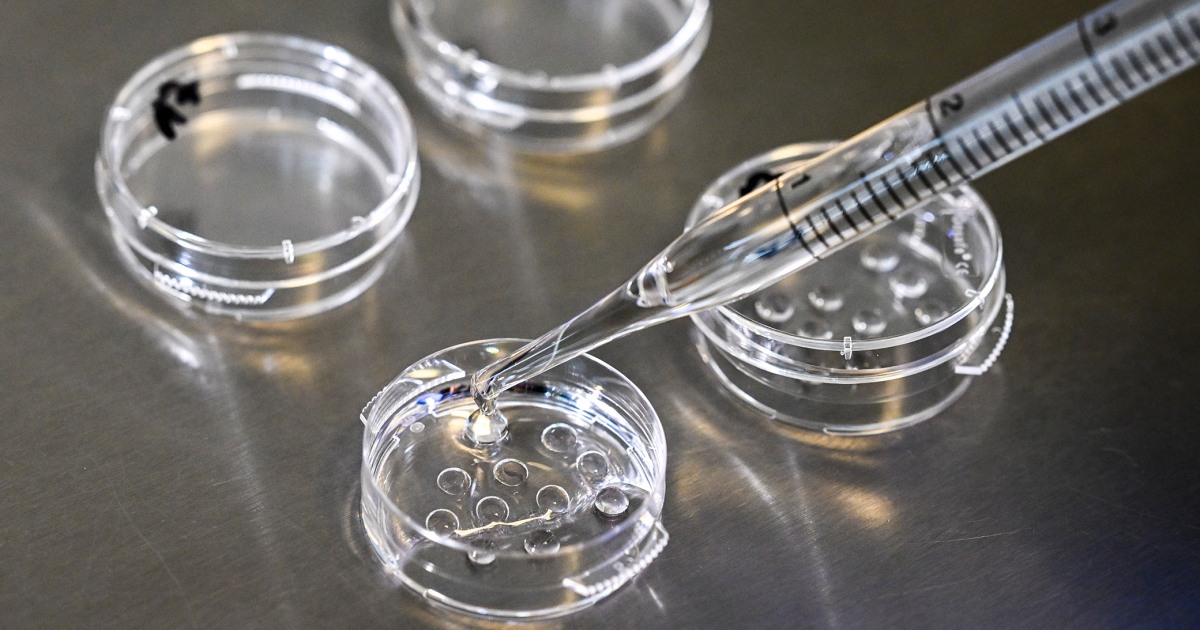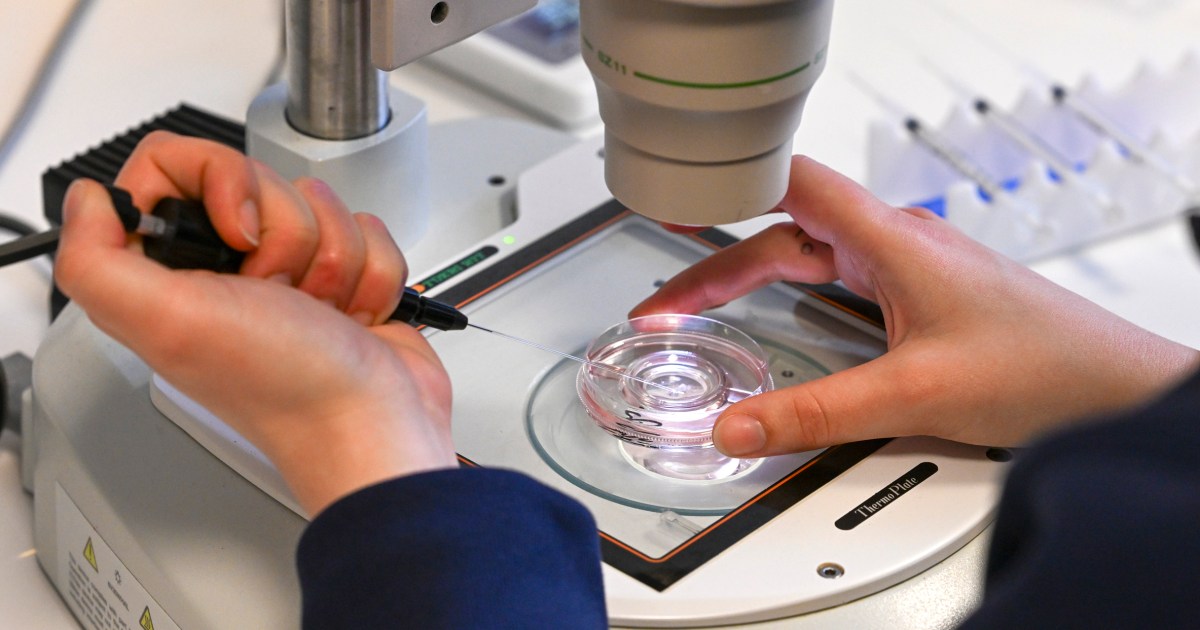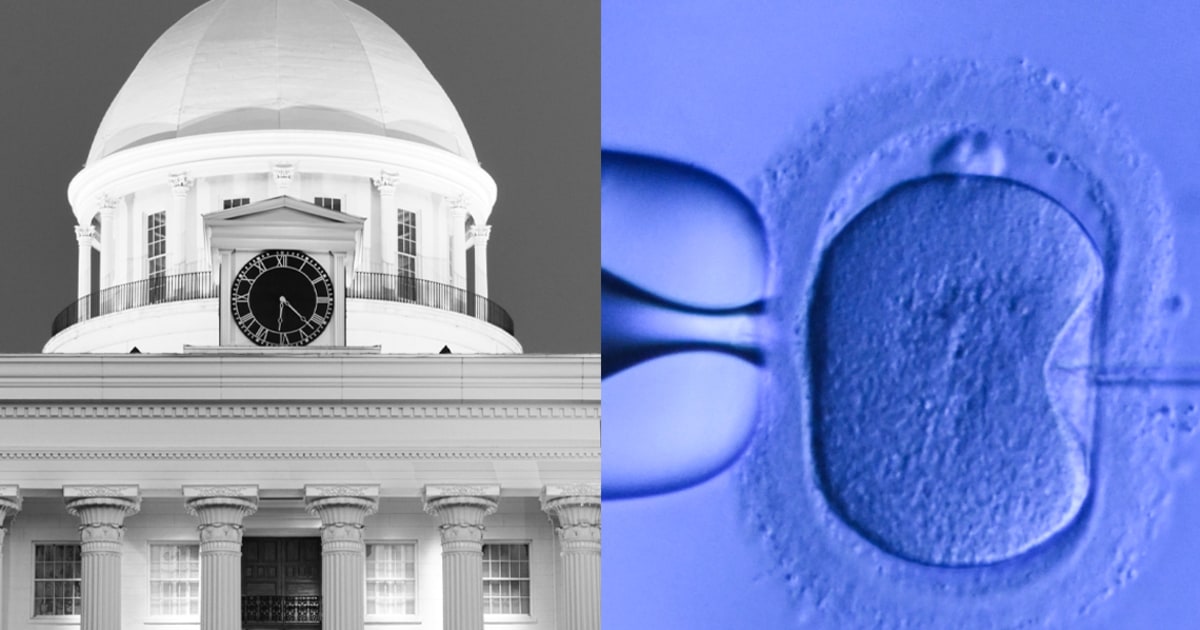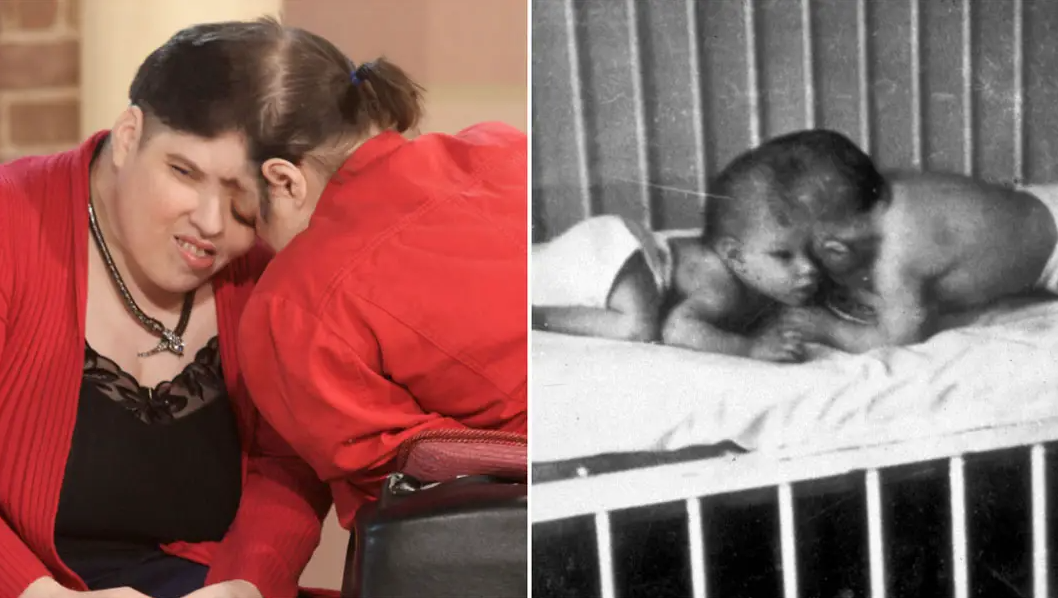Frozen as embryos: 30-year-old twins are only now being born
Created: 2022-11-26 04:54
By: Martina Lippl
Lydia and Timothy are arguably the oldest babies in the world.
They were frozen as embryos 30 years ago and are now born.
© screenshot instagram NEDC
A woman from the US has given birth to twins who were frozen as embryos decades ago.
It's probably a record.
PORTLAND — More than 30 years ago, Timothy and Lydia were conceived and frozen as embryos — in April 1992. Three weeks ago, their twins were born on October 31, 2022.
The National Embryo Donation Center (NEDC) said that babies have never been born frozen for so long.
However, parents Rachel and Philip Ridgeway never aimed to set a record.
“We just wanted to have those who have waited the longest”
"We didn't want to get the embryos that had been frozen the longest in the world," said Philipp Ridgeway in an interview.
"We just wanted to have the ones who've waited the longest." The couple already have four children, who were conceived without a donor or IVF procedure.
"We have never committed ourselves to a specific number of children that we would like to have," says Philipp.
"We've always thought that we're going to have as many as God wants us to have, and when we heard about embryo adoption, we thought that's something we'd like to do."
Timothy and Lydia wait almost 30 years - Genetic parents donate embryos 2007
The story of the twins is "mostly a mystery" to their mother Rachel.
She was just three years old when the babies were conceived.
Philip Ridgeway was five "when God gave life to Lydia and Timothy, and has kept that life ever since."
Timothy and Lydia's biological mother was a 34-year-old egg donor.
The father at the time of conception in his fifties.
He then died of an illness.
Her siblings were probably implanted in his wife at some point.
Timothy and Lydia waited 15 years at a West Coast fertility clinic.
The embryos were donated to the National Embryo Donation Center in 2007.
The private Christian organization is considered very conservative and before a so-called "embryo donation" it checks whether the couples are a genetic man and a genetic woman who have been married for at least a year.
According to NEDC, more than 1,260 children were born this way.
Frozen twin embryos at minus 200 degrees
The embryos were stored in liquid nitrogen at minus 200 degrees for almost thirty years.
According to experts, embryos can be frozen almost indefinitely.
“When embryos are frozen at almost 200 degrees below zero, I mean, the biological processes essentially slow down to almost nothing.
So the difference between being frozen for a week, a month, a year, a decade, or two decades doesn't really matter," says Ridgeways doctor John Gordon.
also read
Giant python swallows woman completely: "Like in a horror movie, people are completely disturbed"
Dog at shelter hugs journalists until he adopts him
The Ridgeways said they specifically searched the donor database for embryos that for some reason were having difficulty finding recipients.
Now Lydia and Timothy are born after thirty years.
Lydia weighed 2,318 grams at birth and Timothy 3,039 grams. The two babies are now in some ways the eldest children of Rachel and Philipp Ridgeway, although they are still the smallest.
In Germany, embryo donation or "embryo adoption" is a legal gray area.
In a landmark ruling in 2020, the Bavarian Supreme Court ruled that the donation of surplus embryos is illegal in Germany.
In a statement on embryo donation, the German Ethics Council found that the transfer of surplus embryos from fertility treatment is not regulated in the Embryo Protection Act (ESchG), but is also not prohibited if no money is flowing.
(ml)












/cloudfront-eu-central-1.images.arcpublishing.com/prisa/KMEYMJKESBAZBE4MRBAM4TGHIQ.jpg)


